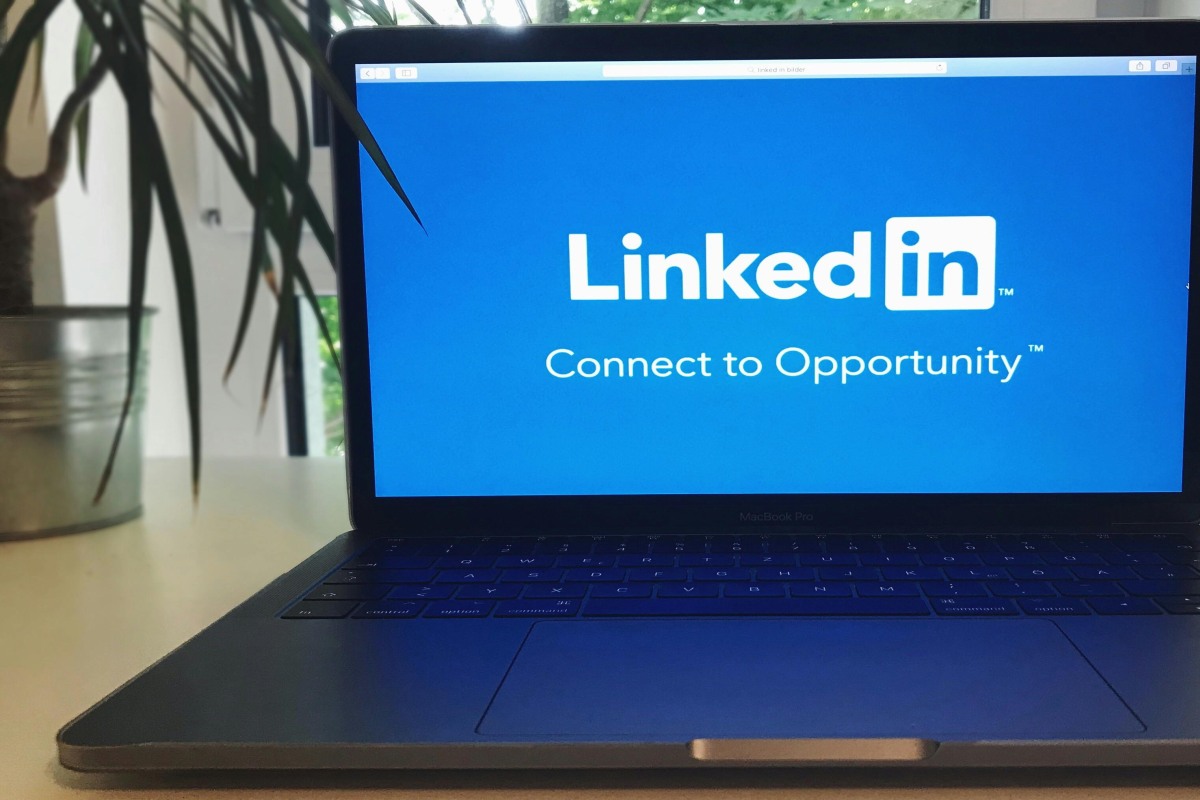LinkedIn is quickly becoming a critical platform for B2B influencer marketing, offering brands a professional space to collaborate with industry experts and thought leaders.
As the leading social network for business professionals, LinkedIn provides a unique opportunity to build authority, credibility, and trust in niche markets. Here's why LinkedIn is a powerful platform for B2B brands looking to leverage influencer marketing.
1. Professional Network for Credibility and Authority
LinkedIn's audience is composed of professionals, decision-makers, and business leaders, making it the ideal platform for B2B brands seeking to establish authority. Collaborating with thought leaders on LinkedIn helps brands position themselves as credible industry players.
- High-Quality Audience: LinkedIn’s user base is highly targeted for B2B brands, consisting of individuals who are looking for insights, solutions, and networking opportunities. Influencers on LinkedIn often have a high degree of credibility in their respective fields, and their endorsement of a brand can significantly boost trust.
- Building Authority: Partnering with recognized thought leaders allows brands to share expert opinions, industry trends, and educational content, which helps establish thought leadership within the market. This positions the brand as a trusted voice in the industry.
Key Takeaway: LinkedIn’s professional network offers a perfect environment for brands to collaborate with influencers who bring authority and trust to B2B marketing efforts.
2. Niche Influencers for Targeted Marketing
LinkedIn is home to many niche influencers who specialize in specific industries, from technology and finance to healthcare and manufacturing. These influencers have built loyal followings by providing valuable content, such as industry insights, whitepapers, and thought-provoking discussions.
- Targeted Outreach: Unlike broader platforms like Instagram or TikTok, LinkedIn’s focus on professional content allows brands to work with influencers who have a highly targeted audience. Whether it's IT professionals, HR leaders, or marketing executives, LinkedIn influencers can help brands reach the right decision-makers with relevant content.
- Industry Expertise: LinkedIn influencers are often subject-matter experts with deep knowledge of their fields, making them ideal partners for B2B brands looking to provide value through educational content like webinars, articles, or case studies.
Key Takeaway: LinkedIn allows brands to connect with niche influencers who have deep expertise and influence in specific industries, ensuring that influencer campaigns reach the right audiences.
3. Content-Driven Campaigns for Thought Leadership
LinkedIn’s platform is content-rich, with professionals turning to it for in-depth articles, whitepapers, industry reports, and thought leadership pieces. For B2B brands, working with influencers who can create and share high-quality, insightful content is crucial.
- In-Depth Thought Leadership: LinkedIn influencers often share detailed posts, articles, and case studies that delve into industry trends and solutions. B2B brands can leverage this content format to provide actionable insights, positioning themselves as leaders in their fields.
- Long-Form Content: Unlike other platforms where short-form content dominates, LinkedIn is conducive to longer, more thoughtful pieces that explore topics in depth. This is a key advantage for B2B brands aiming to educate their audience through whitepapers, reports, and expert interviews.
Key Takeaway: LinkedIn’s content-focused environment is ideal for B2B brands looking to share thought leadership and engage with their audience through value-driven, expert content.
4. Webinars, Live Events, and Networking Opportunities
LinkedIn is also a hub for professional events, from webinars to live Q&A sessions. These events are perfect for influencer marketing, as they allow brands to collaborate with thought leaders and deliver real-time value to their audience.
- Webinar Collaborations: B2B brands can partner with influencers to co-host webinars on industry-specific topics. These sessions provide an opportunity for the brand to showcase its expertise, while the influencer brings their audience and credibility to the event.
- Interactive Content: LinkedIn’s live video and event features enable influencers and brands to engage with their audience in real time, fostering a more interactive and personal connection. This is especially effective for B2B brands looking to provide in-depth discussions or product demos.
Key Takeaway: LinkedIn’s focus on professional events and webinars makes it an excellent platform for B2B brands to collaborate with influencers on live, educational experiences.
5. Lead Generation and Sales Impact
One of the primary goals of B2B marketing is lead generation, and LinkedIn’s tools are designed to help brands capture and nurture these leads. Influencers on LinkedIn can play a key role in driving traffic to a brand’s lead-generation campaigns, as their recommendations carry significant weight in professional circles.
- Sponsored Content and Ads: Brands can amplify their influencer campaigns by using LinkedIn’s advertising tools, such as sponsored content and InMail, to reach a wider audience. Influencer-created content that aligns with a brand’s message can be promoted to boost visibility and drive leads.
- Tracking and ROI: LinkedIn’s robust analytics allow brands to track the performance of influencer campaigns, from engagement metrics to lead conversion. This data is crucial for measuring the ROI of influencer partnerships and adjusting strategies accordingly.
Key Takeaway: LinkedIn’s powerful lead-generation tools, combined with influencer partnerships, help B2B brands drive measurable results, from brand awareness to qualified leads.
Conclusion
LinkedIn offers B2B brands a unique opportunity to collaborate with influencers who bring expertise, authority, and credibility to their campaigns. By focusing on educational content, niche expertise, and professional networking, LinkedIn influencer marketing can help brands build thought leadership, engage decision-makers, and drive tangible business results.









